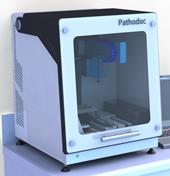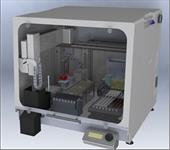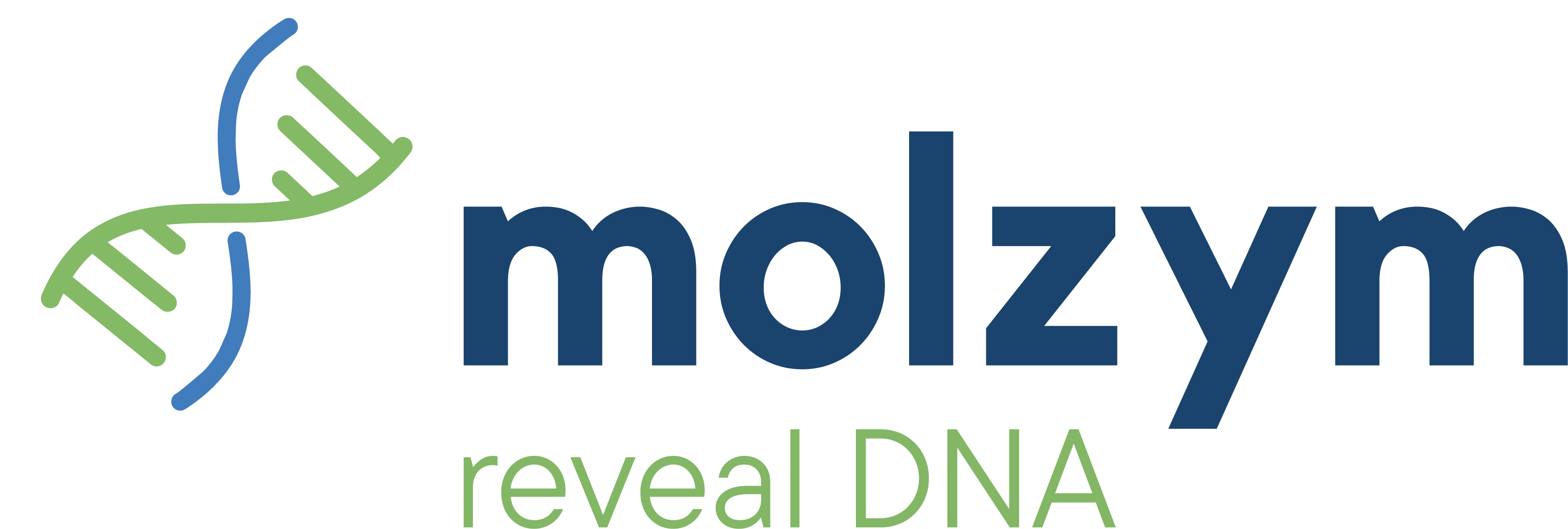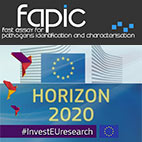Molzym Partners EU-Funded Project on Fast Pathogen ID |
|
| 06 June 2018 | |
|
A consortium of ten institutions from Austria, Belgium, Croatia, France, Germany, The Netherlands and UK is involved in a €6 million funded Horizon 2020 project on the development of tools for the fast diagnosis of pathogens. The project focusses on growth-independent, nucleic acid-based tests that can be applied directly on clinical biopsies like whole blood for sepsis diagnosis and environmental samples with regard to hospital-related hygienic considerations. Low loads of pathogens usually found with septicaemic blood put a great challenge on the development of a molecular pathway of sensitive detecting target markers. In particular, to meet the requirements for low hands-on solutions, sample processing and analysis are integrated in automated systems. Importantly, the development of new in silico algorithmic tools for assay improvement resulted in the identification of markers suitable for the determination of species, antibiotic resistance variants and genes involved in virulence. Fast assaying has been achieved by the setup of multiplexed amplification- and detection-based solutions. |
|
  |
|
|
The project is now in the stage of validation of prototypes of two kinds of automated diagnostic approaches and will thereafter go into extensive clinical evaluation in hospitals in Belgium and Croatia. One robotic system enables high throughput use in larger hospitals and reference centres. The other solution is a single sample system which comprises of integrated fully automated extraction and DNA array analysis. The system is designed for independent laboratories, medical practices and developing countries. For further information, please visit the project’s website. The FAPIC project is supported by H2020 under grant agreement number 634137. |

 Fast diagnosis of pathogens involved in bloodstream infections is needed for timely initiation of targeted antibiotic treatment. So far, blood culture is the standard procedure which takes days until the identification of pathogens. Also, due to antibiotic treatment or fastidious microorganisms blood cultures are often negative despite signs for infection by other clinical parameters.
Fast diagnosis of pathogens involved in bloodstream infections is needed for timely initiation of targeted antibiotic treatment. So far, blood culture is the standard procedure which takes days until the identification of pathogens. Also, due to antibiotic treatment or fastidious microorganisms blood cultures are often negative despite signs for infection by other clinical parameters.